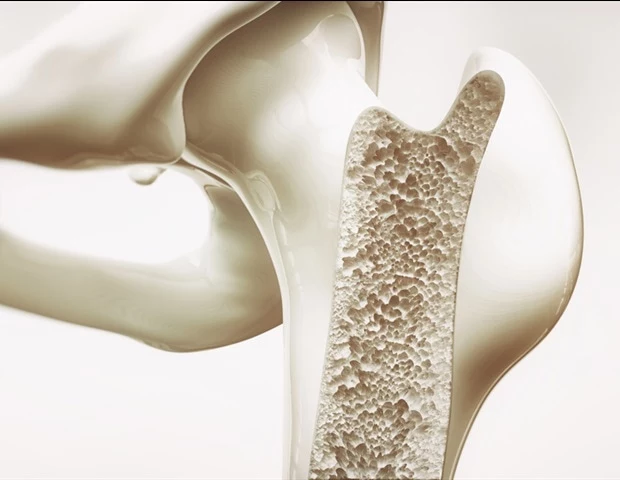WEB DESK, July 12(ABC): Superior coating performance achieved compared to existing clinical products while reducing production cost and time: “artificial bone” synthesis and coating on the surface of metal and polymer materials.
Bone disease is becoming increasingly prevalent in modern society due to population aging among other factors, and the use of dental and orthopedic implants to treat bone disease has been on the rise. The history of implants can be traced back all the way to A.D. 1 when wrought iron dental implants were used in Ancient Rome. Despite the long history, however, there are still a number of issues associated with implant procedures such as a loose implant resulting from slow integration into the bone tissue or an inflammation necessitating a secondary surgical procedure.
To mitigate these issues, there has been an attempt to coat the implant material with “artificial bone” that has the same composition as the actual human bone. Conventional coating methods, however, require a synthesis process to manufacture the artificial bone material and a separate coating process, which takes a long time. Plus, the binding between the substrate and the artificial bone coating layer tends to be weak, resulting in damage or even drop-off, and strong coating methods that could be applied to actual patients in a clinical setting were rare.
Under these circumstances, Dr. Hojeong Jeon’s research team at the Korea Institute of Science and Technology (KIST) Center for Biomaterials announced that they have developed a ceramic artificial bone coating with triple the adhesion strength compared to conventional coating materials.

























